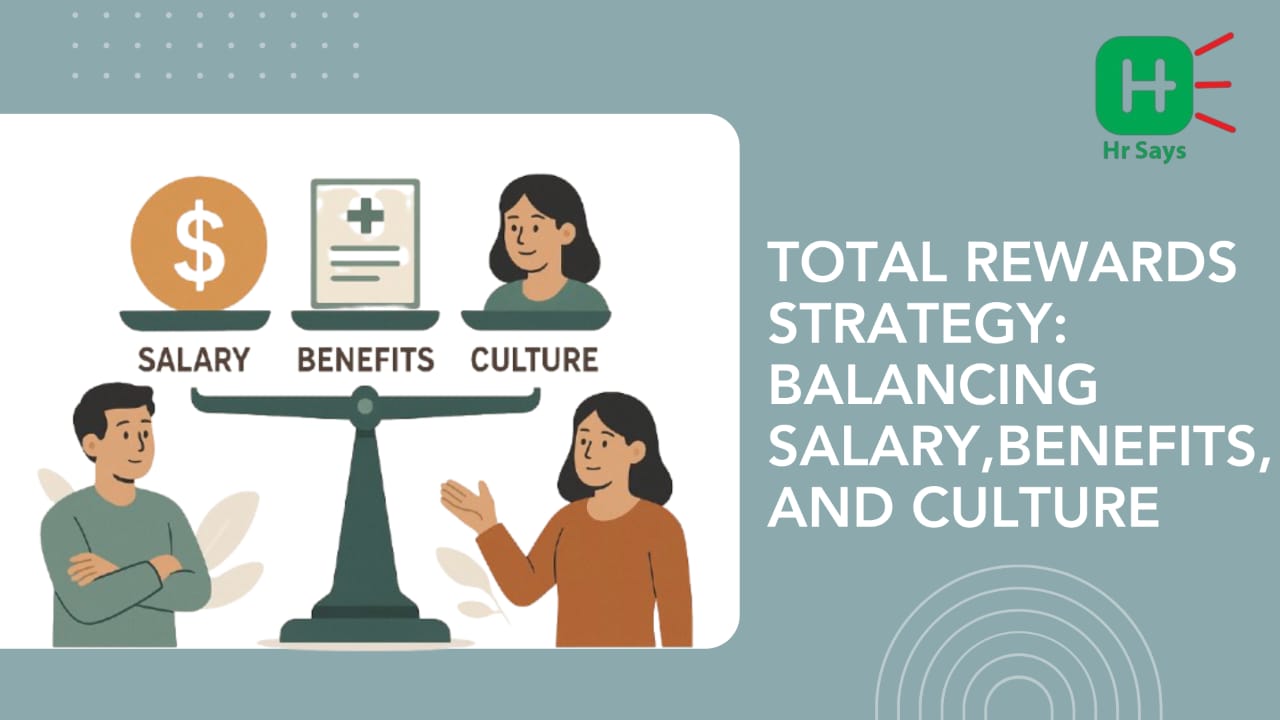What makes someone stay in a job? Is it the paycheck? The health benefits? Or something less visible—like feeling seen and valued?
A total rewards strategy answers that. Or at least, it tries to. But the truth is, many companies get it only half-right.
The Salary Illusion
A number on paper still matters. It always will. People work for money—no one hides that anymore. But salary alone doesn’t make people stay. In fact, high pay can’t fix a toxic culture.
Still, companies often overestimate its power. Raises are given. Bonuses offered. Yet exits continue.
Why? Because rewards feel empty when the work doesn’t.
What Benefits Actually Matter
Not all perks are valued equally. Free coffee won’t retain a stressed employee. Foosball tables won’t fix burnout. Instead, these matter more:
● Healthcare that covers more than basics
● Mental health support that’s private and real
● Flexible hours—especially for caregivers
● Time off that’s guilt-free
● Retirement plans that grow with you
People want safety nets that feel personal. Not generic tick-box policies.
Culture Is the Wild Card
Culture isn’t pizza Fridays. It’s how people are treated when they fail. It’s what happens in meetings when someone disagrees. It’s whether your manager trusts you to work from home.
Culture is invisible until it’s not. And it can’t be bought—it’s lived.
A strong culture:
● Makes people feel heard
● Allows space to grow
● Protects against toxic behavior
● Encourages rest, not just results
A weak culture? No reward can make up for it. Not even the best benefits package.
The Real Balance
So, how do you balance the three?
There’s no formula. But there is alignment.
● Pay must reflect the market—and the person's impact
● Benefits must reflect real needs—not trends
● Culture must reflect shared values—not slogans
It must feel fair. Not flashy. That’s what makes it sustainable.
Companies that get it right don’t always shout about it. But their people rarely leave.
A Final Word
Total rewards are not about how much you give—they’re about how it feels to receive.
If people feel underpaid, overlooked, or overworked—they’ll leave. Even if the spreadsheet looks generous.
But if they feel valued, safe, and trusted—they’ll stay. Even when other offers come.
Balance doesn’t come from spending more. It comes from understanding more.
And that? That’s the reward strategy worth building.

 A total rewards strategy isn’t just a pay slip. It’s a quiet equation of salary, perks, and the way work feels. When done right, it attracts and keeps good people. But balance? That’s the hard part.
AI
A total rewards strategy isn’t just a pay slip. It’s a quiet equation of salary, perks, and the way work feels. When done right, it attracts and keeps good people. But balance? That’s the hard part.
AI








.jpeg)
.jpeg)

.jpeg)





.jpeg)



.jpeg)

.jpeg)



